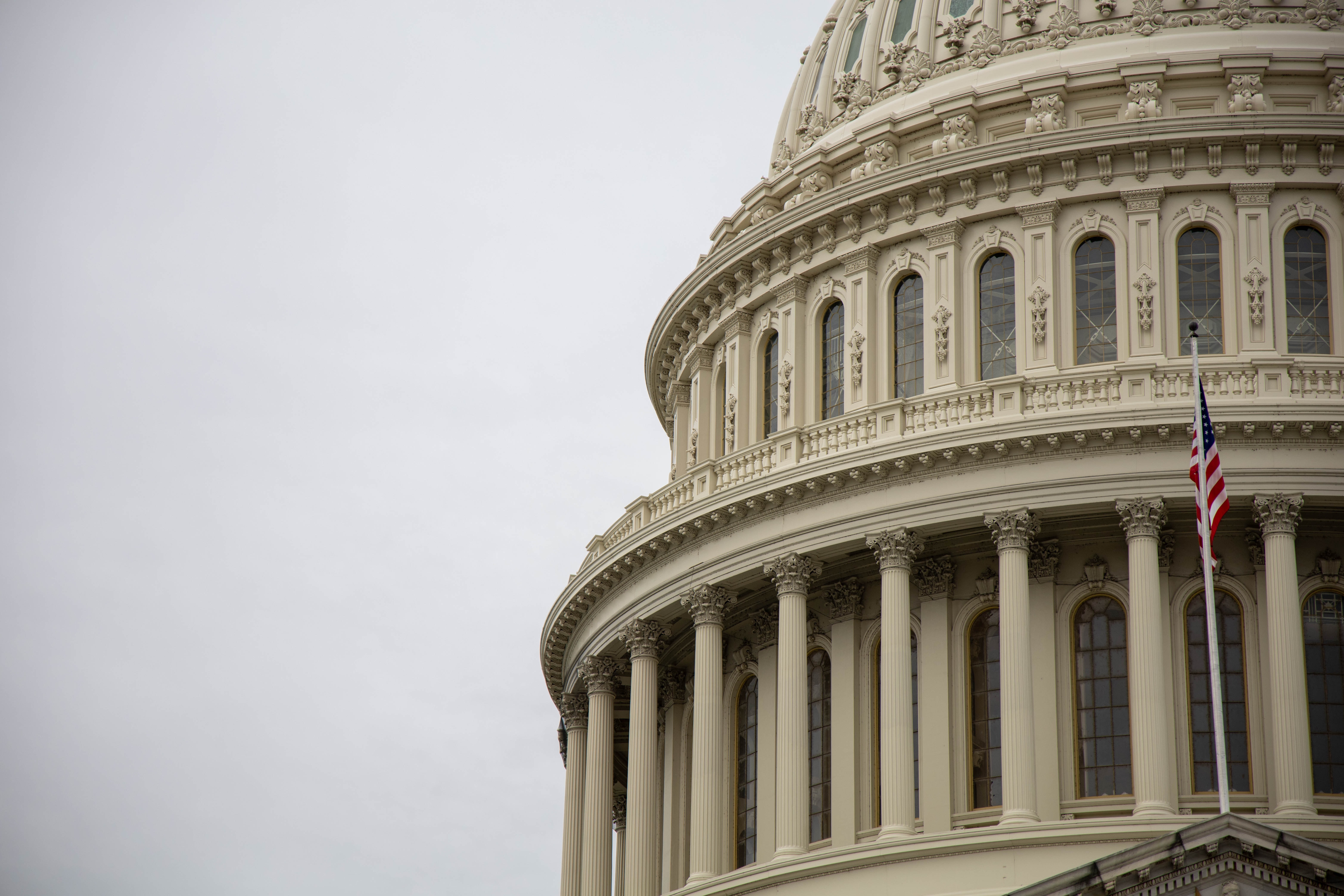This document, published by COGR, systematically addresses and dispels common misconceptions about technology transfer activities within U.S. research universities. It presents evidence and expert analysis to refute the belief that such activities detract from universities' core missions, generate excessive revenue, or create significant conflicts of interest, emphasizing instead the societal, economic, and educational benefits enabled by public-private research partnerships, particularly under the Bayh-Dole Act. The paper highlights that technology transfer is a complex, resource-intensive process that supports innovation, economic development, student education, and the public good, with financial returns being relatively modest for most institutions, and further clarifies the crucial roles universities play in advancing research commercialization and managing intellectual property responsibly.
Policy Perspective
Technology Transfer in U.S. Research Universities: Dispelling Common Myths (Updated August 2022)

This summary was generated with AI. Report Issue
